Pilgrim Africa Wins $2.49m Grant from Gates Foundation to Combat Malaria in Uganda
By Samuel Muwanguzi
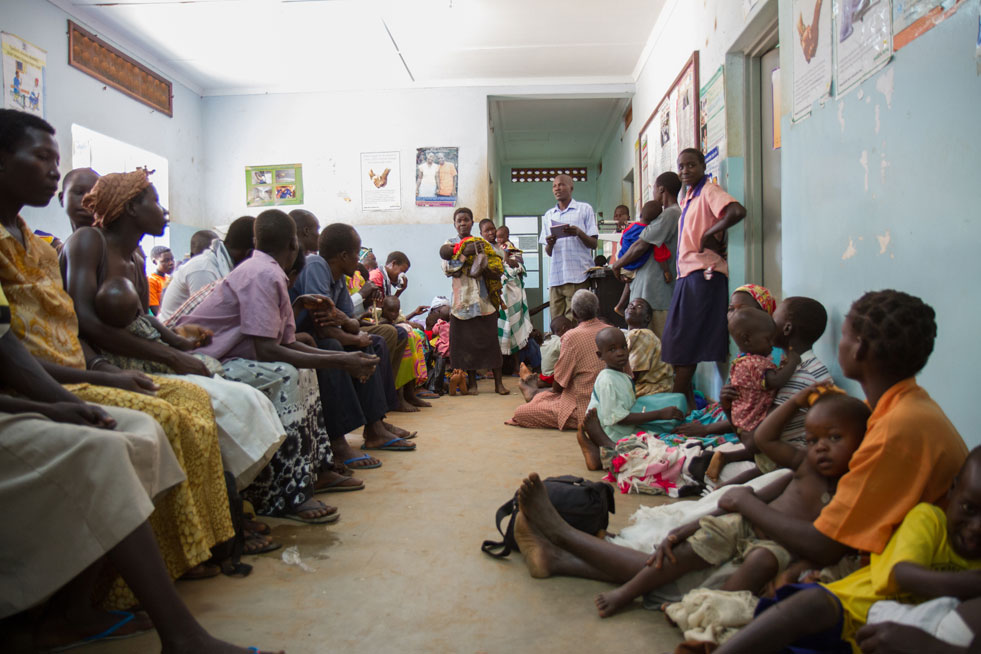
In Summary: Pilgrim Africa, a non-profit organization founded by Ugandans in the United States and Uganda has received a grant of $2.49 million (about 8 billion Uganda Shillings) from the Bill & Melinda Gates Foundation to combat malaria in Uganda. Malaria is the number one killer disease in this East African country of over 35 million people, majority of who are below the age of 15. The 4-year accelerating and sustaining malaria reduction project will serve as a catalyst for malaria reduction strategies in the country, enabling Pilgrim Africa to expand the malaria reduction model; generate hard evidence of its effectiveness and sustainability; and prepare to roll-out the project throughout Uganda.
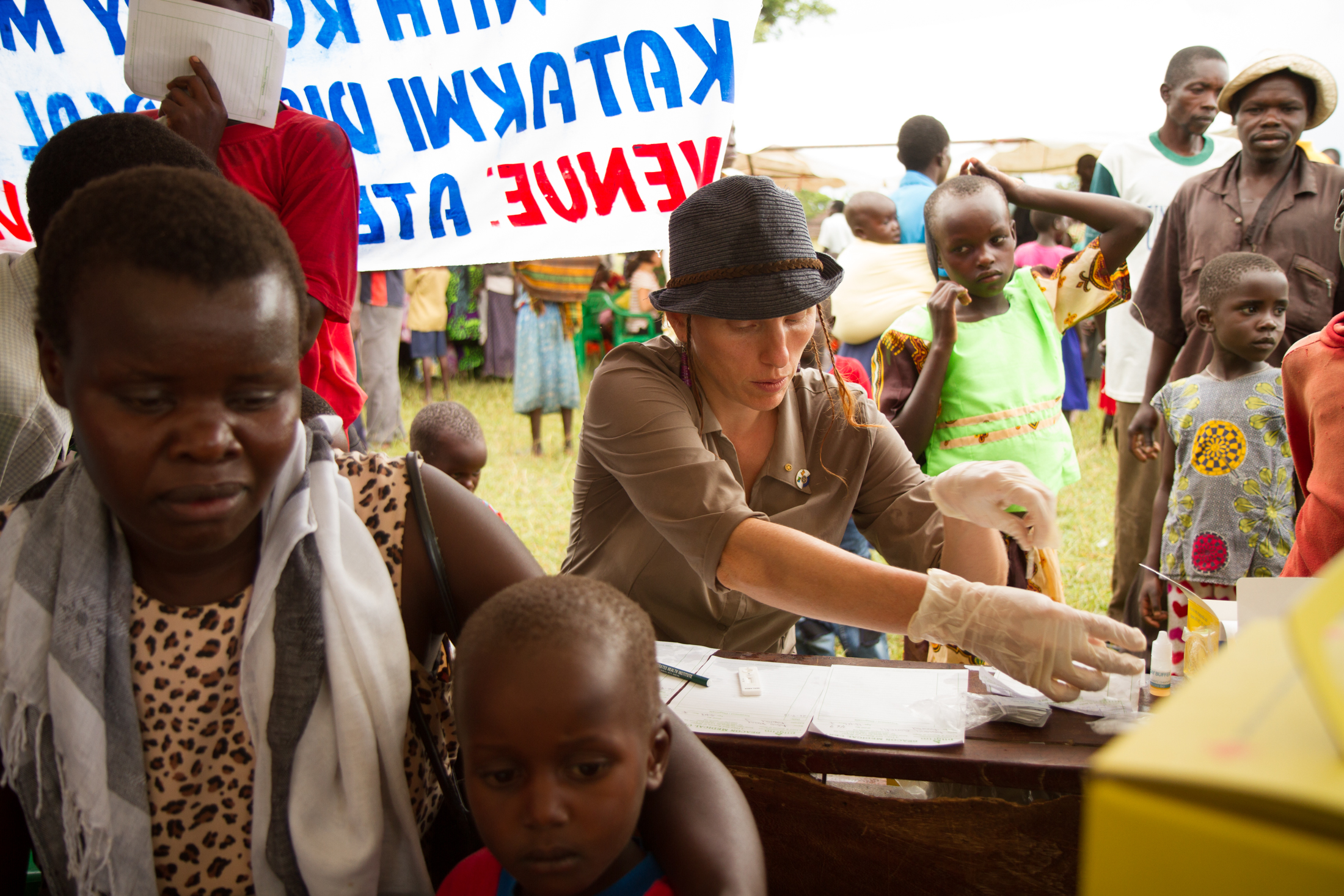
Seattle, Washington--Pilgrim Africa, a non-profit organization founded by Ugandans in the United States and Uganda has received a grant of $2.49 million from the Bill & Melinda Gates Foundation in support of its innovative approach to reducing malaria in Uganda, the CEO Pilgrim Africa Dr. Dorothy Echodu announced here last week.
“The Gates Foundation grant, $2.49 million over 4 years — represents a major advancement of our ongoing efforts to build effective, scalable malaria reduction programs in one of the most burdened, challenging areas of the world,” the statement by Dr. Dorothy Echodu read in part. The statement further stated: “Combined with initial funding from Rotary International through a Rotary Global Grant, this grant supports a project to control malaria comprehensively and sustainably for over 30,000 people living in one of the highest malaria-burdened regions of the world.”
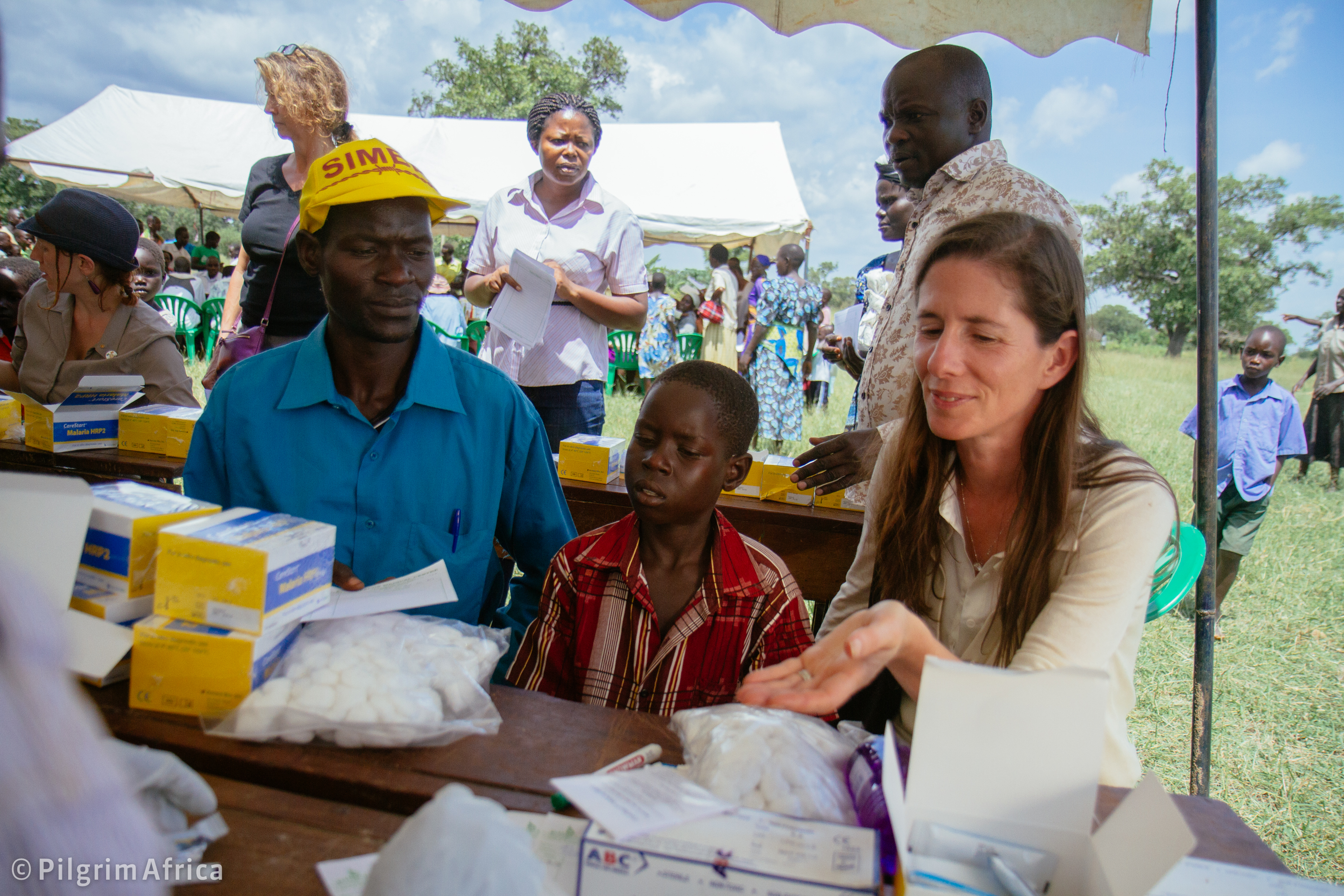
Committed to a mission of helping African people create a future of sustainable prosperity and health, Pilgrim Africa was founded in 2001 as an indigenous Christian response to the plight of more than 1.5 million refugees living in internally displaced persons (IDP) camps in the war torn regions of Northern and Eastern Uganda where high rates of malaria were most prevalent. Malaria is the number one killer disease in this East African country of over 35 million people, majority of who are below the age of 15.
Based in Seattle, Washington State, with country offices in Kampala, Uganda, and field operation posts in North Eastern Ugandan districts of Soroti and Katakwi, Pilgrim Africa, which started as a small charity providing simple medical and nutritional relief and psycho-social support to desperate refugees, has now morphed into an international organization with catalytic regional and national interventions in Education and Public Health.
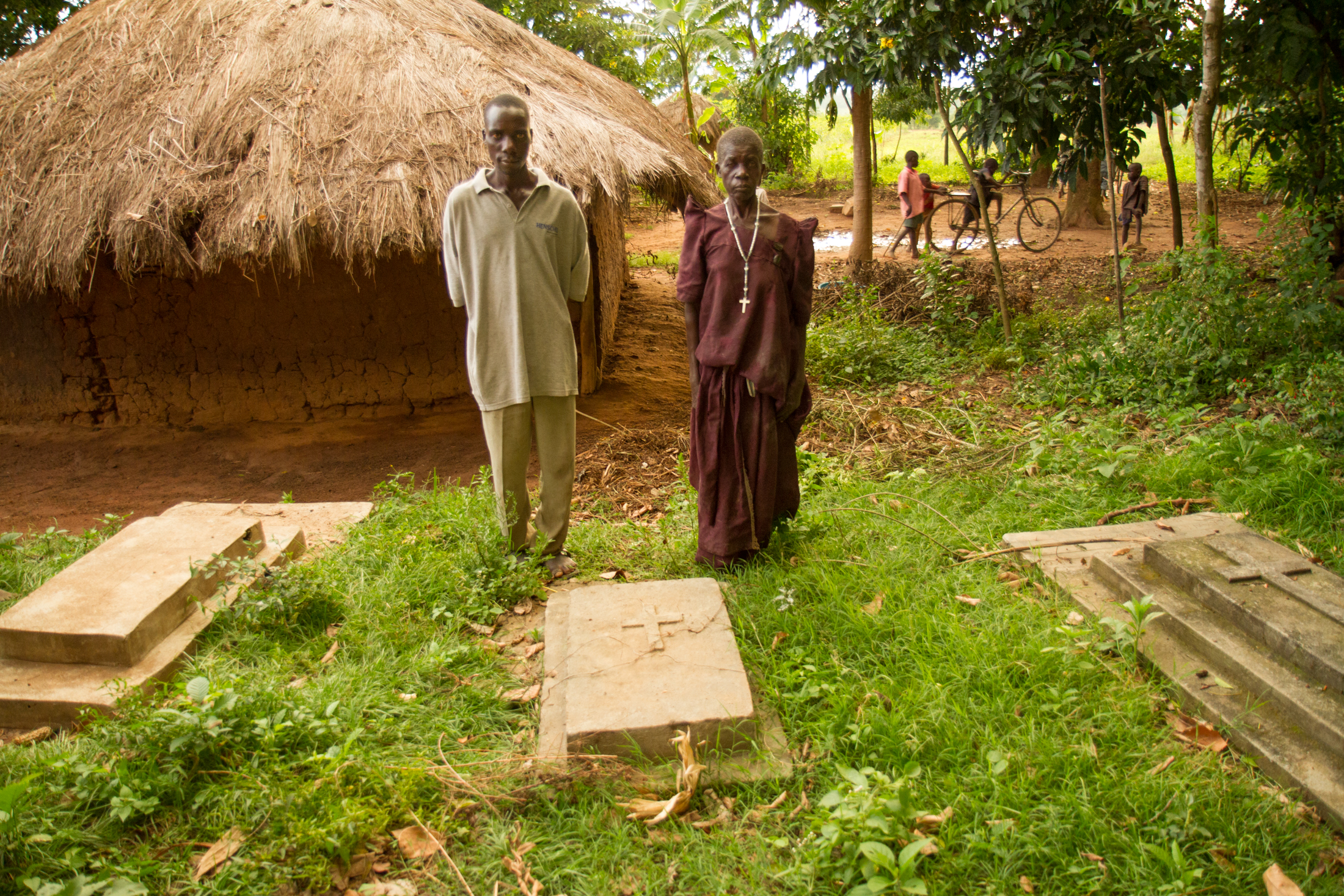
With this grant, the 4-year accelerating and sustaining malaria reduction project will serve as a catalyst for malaria reduction strategies throughout Uganda, allowing Pilgrim Africa to expand the malaria reduction model; generate hard evidence of its effectiveness and sustainability; and prepare to scale up the project. Additionally, by developing and implementing a reduction model that maximizes the impact, cost effectiveness, and sustainability of proven malaria control tools, Pilgrim Africa will alleviate the suffering of the most vulnerable and shorten the process of eliminating the disease in Uganda. The country is heavily burdened by malaria, a disease that takes an enormous toll on its population, economy, and the health care system.
On behalf of Pilgrim Africa, Dr. Dorothy Echodu pledged to work hard to ensure that the project serves as a catalyst for malaria reduction strategies throughout Uganda while generating verifiable evidence of the effectiveness and sustainability of their approach. “We are very thankful for all of your prayers, financial support, and encouragement that makes this work possible,” Dr. Dorothy Echodu stated, adding, “We are so excited for this opportunity to relieve suffering and prevent disease among the rural people of Uganda.”
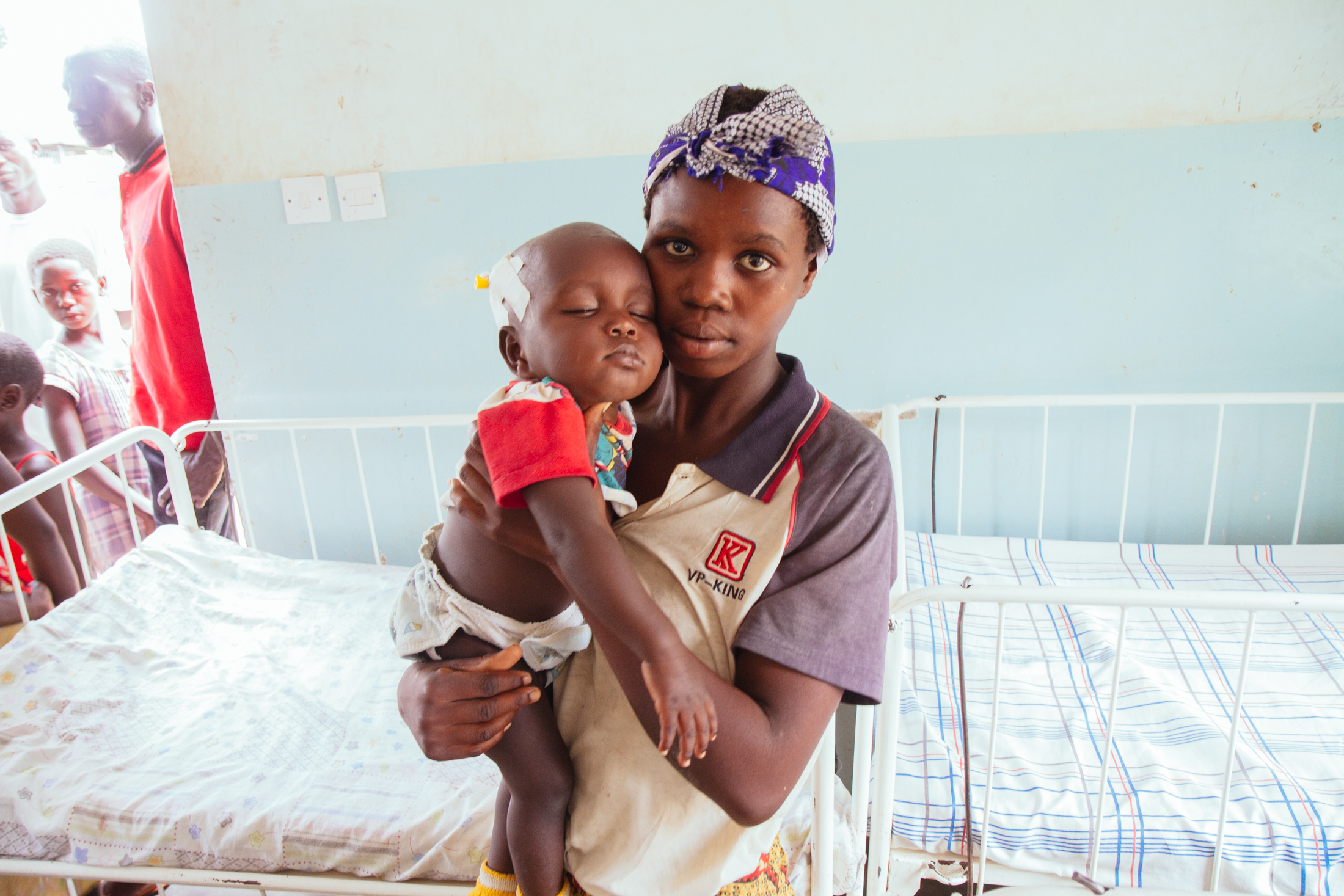
According to the project forecast published on the organization Web site, the $2.49 million-malaria-reduction project in the district of Katakwi in Teso sub-region, North Eastern Uganda, will involve more than 44,000 people in various stages at a house-to-house level during the two phases over a period of 4 years. Each of the two phases will last 2 years with activities supported by local, regional, and international experts and partners.
Building on its experience of caring for the most vulnerable in the most malaria endemic regions of the world, Pilgrim Africa will focus on reducing malaria transmission drastically during the first two years by maximizing vector control; eliminating mosquitoes that transmit malaria, the backbone of effective malaria prevention, a statement on the Web site said. This stage will include indoor residual spraying (IRS) with approved insecticides to effectively turn a rural home into a large treated net, whose indoor walls repel and kill malaria-carrying mosquitos.
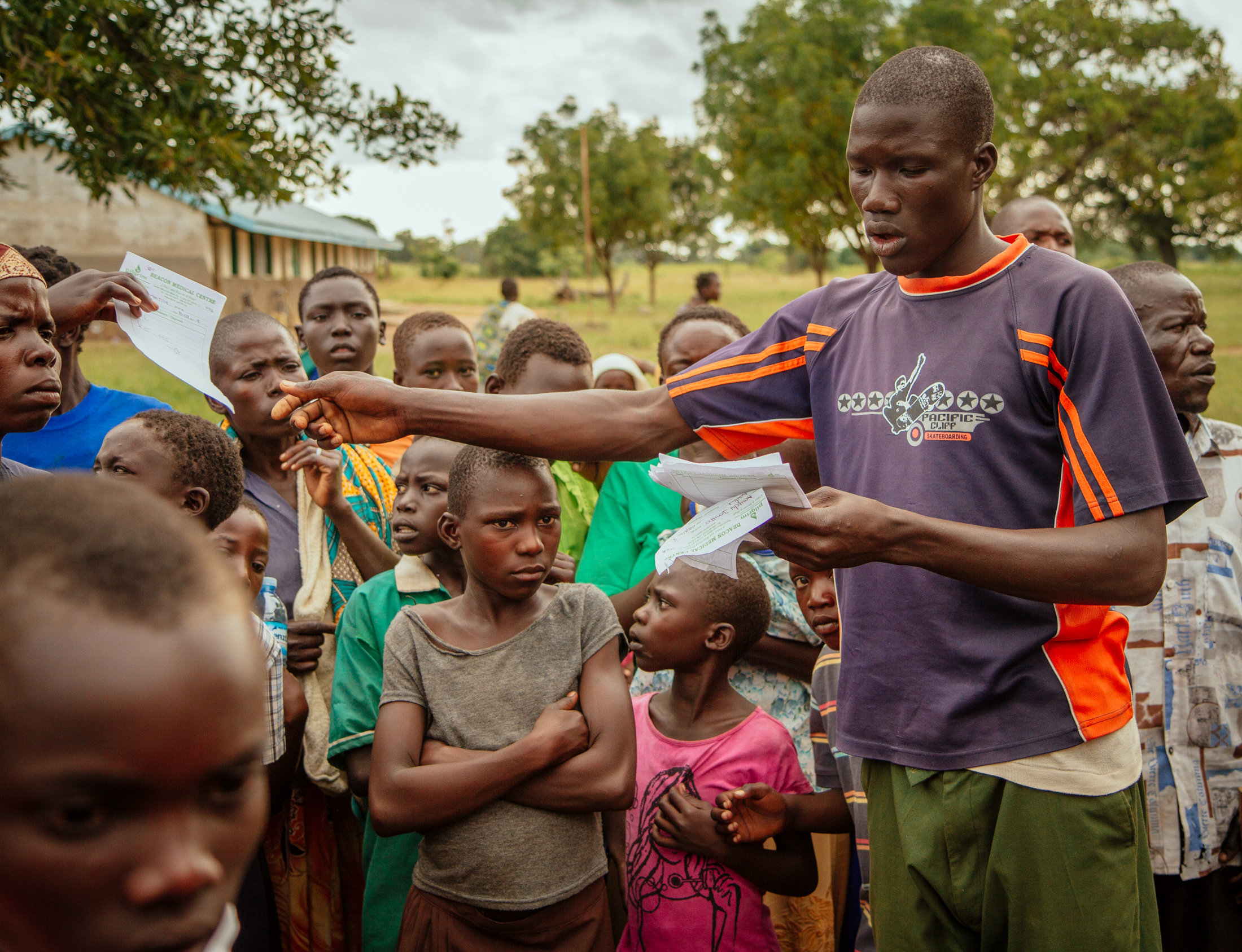
While IRS is extremely effective in Uganda, it is very expensive, and difficult to sustain. The strategy by Pilgrim Africa’s project is designed to make IRS interventions as brief and effective as possible to fully effective as it explores a feasible alternative to IRS that would ensure sustainable reduction in the cost for malaria control while maximizing impact.
Details about the first phase published on the organization Web site indicate that it will also include malaria medical delivery targeting the parasite within the community through careful, targeted, and synchronized administration of malaria medication. The administration of the two interventions will most effectively supercharge” vector control and reduce malaria prevalence than applying one intervention in isolation, even if used sequentially, information from the Web site indicated. After the first phase, an evaluation will be conducted to demonstrate that more than 90% of the burden from malaria will have been removed from the community.
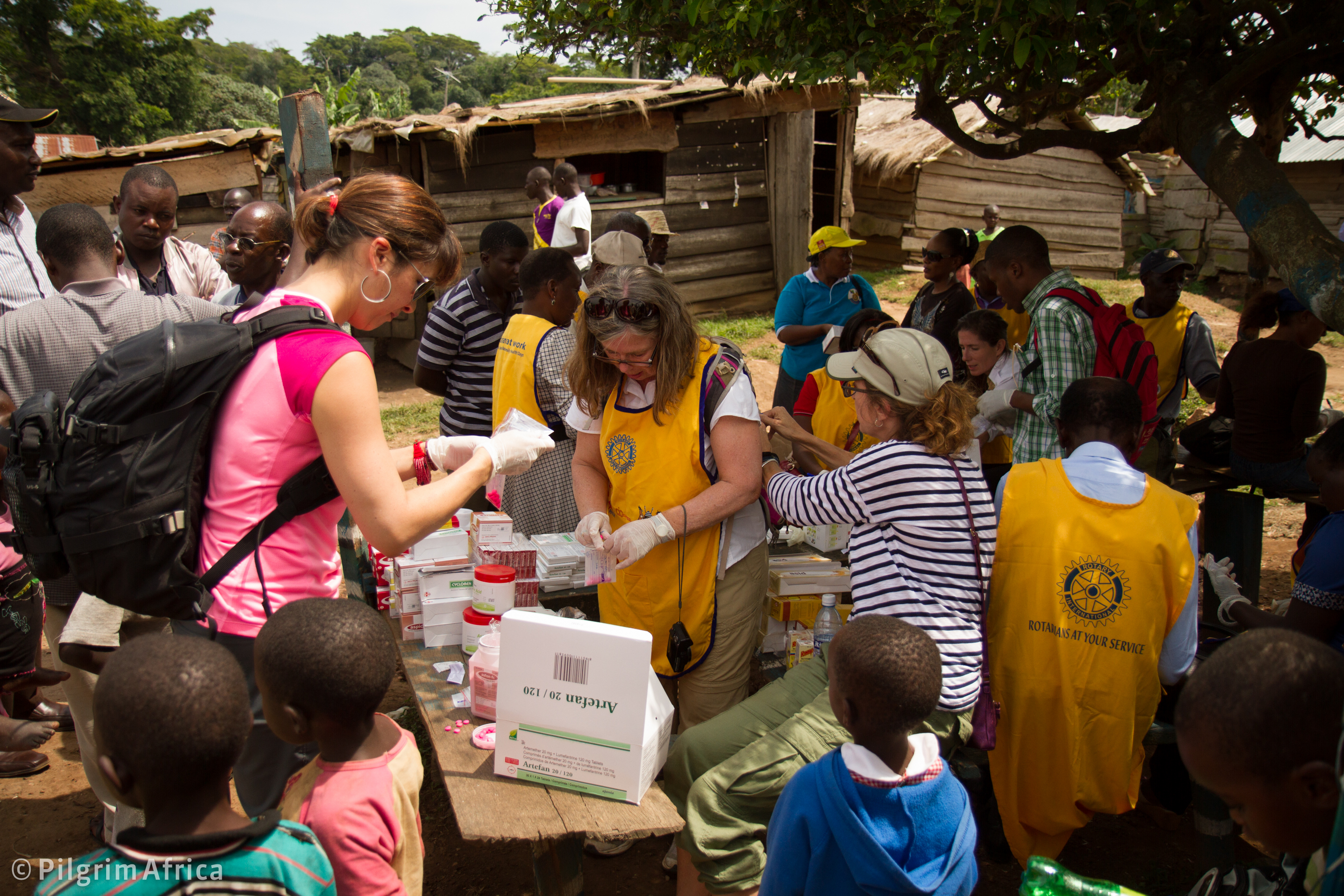
During the second phase, the organization states, the last two years of the project, focus will turn to sustaining the Gains through community engagement to ensure that local ownership and involvement in the project is established. The local community will be engaged in ongoing screening and malaria detection program based on the Rotarian model which engages local host clubs who participate in the project as benefactors to their communities, the organization stated. Through modeling ownership and engagement, The Soroti Central Rotary Club will play a pivotal role throughout the project.
Pilgrim Africa expresses confidence that coming after IRS and medical treatment, effective community-led screening and detection will ensure a cost-effective resurgence suppression strategy. Throughout the lifespan of the project, Pilgrim Africa will ensure Ongoing monitoring & modeling by tracking the progress of all interventions as the collected data are projected to inform future plans to roll out the approach in other regions. At the end of the program, over 44,000 homesteads will have been covered across the malaria endemic district of Katakwi In North Eastern Uganda, the charity forecasts.
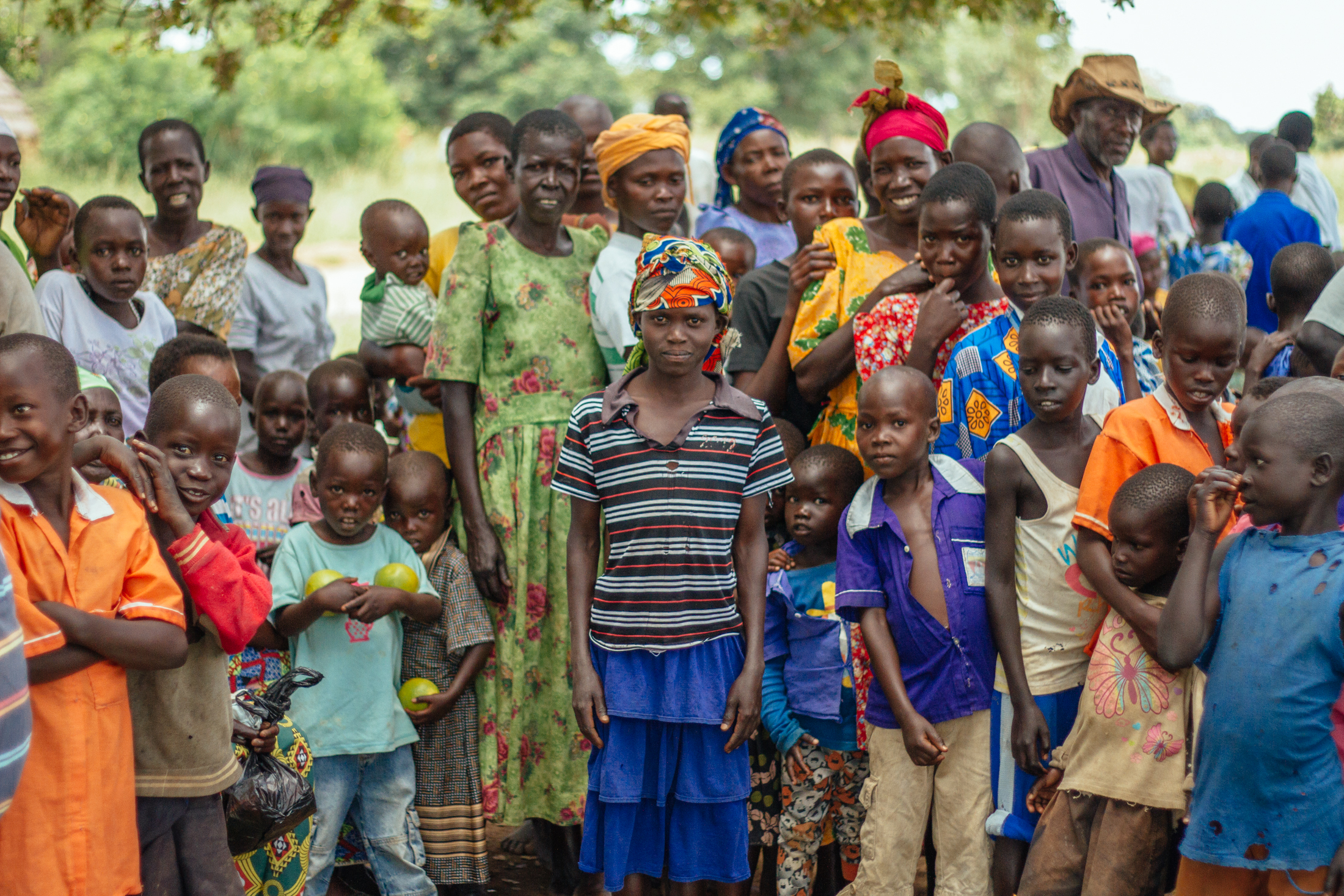
The work by Pilgrim Africa, an intersection of compassion and science, is driven by care and a sense of justice, and carried out with the most robust, hard-core science available with a deeply dedicated staff and partners with an undying commitment to ensure that the poorest families in the world have a chance to live free from devastation and burden of malaria, the Christian charity states on its Web site. Echoing the Christian mission of the organization, Dr. Dorothy Echodu stated: “Now it remains for us to do work worthy of God, of the people of Uganda, and of all of our friends, partners and supporters.”


